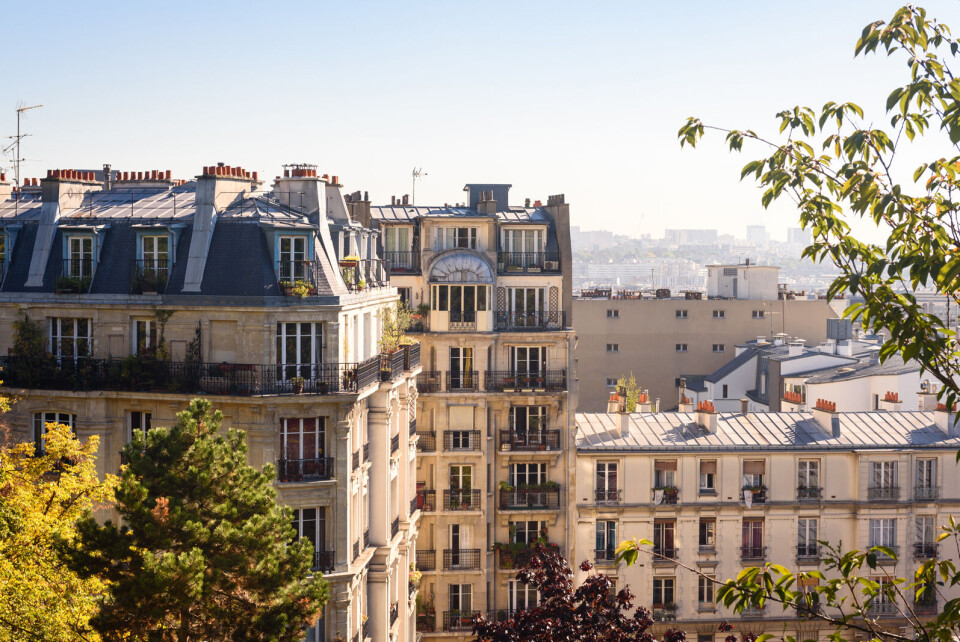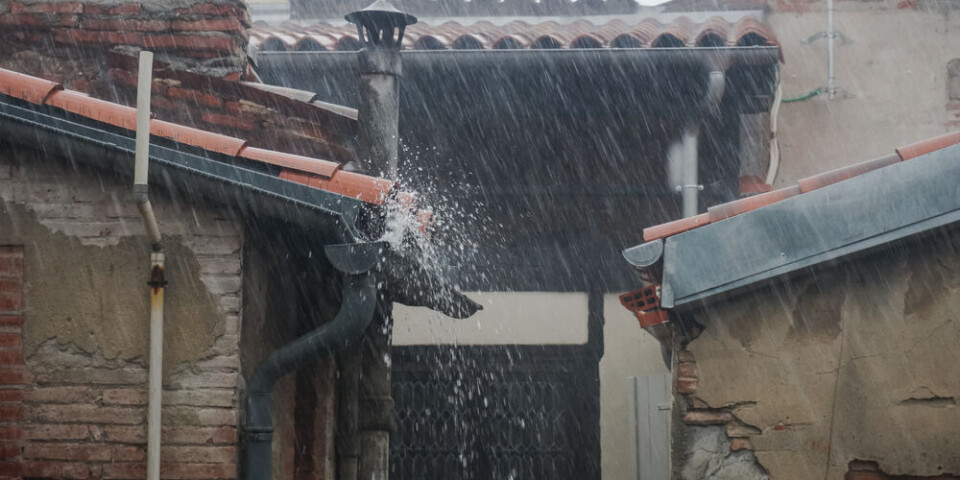-
Undergrowth clearance: Where in France must buyers be informed?
Mandatory vegetation clearing aims to prevent wildfires in at-risk areas.
-
Find a rural home in France for under €100,000 without renovation hassle
See country houses for sale within this budget that are ready to move in to
-
What are the rules on changing your windows in France?
Properties in certain protected areas face strict regulations
Can I change my second home to my main one in France for tax purposes?
Tax considerations for this move include local tax bills on properties that are main homes verses secondary as well as ‘taxe d’habitation’ and capital gains tax

Reader question: I want to make my second home in the country my main home but keep my city flat. Can I just swap them for tax purposes?
The answer is yes – but beware of bigger local tax bills. Main residences pay around 20% less in local tax than second homes of a similar size. So you are likely to see the tax on what was your second home go down – but taxes on what was your main residence go up.
If the former main residence was in a tourist area or a city such as Paris with high local taxes, and your new main residence is in a rural area with lower taxes, the extra amount paid could be significant.
One new factor is the taxe d’habitation, which has been scrapped for most people in France, but is still paid on second homes. Also, second homes do not qualify for government grants for renovations to enhance energy efficiency.
Another point worth noting is the capital gains tax that applies when you sell a second home, but not a main residence.
So if you make your cheaper country home your main residence, and your city flat a second home, when the time comes to sell the flat, you risk paying up to 19% of the capital gains (the difference between the price you bought the flat and the selling price) from the sale in tax, and 17.2% in CSG and CRDS social security charges.
Related stories
Taxe foncière France’s local property tax: who pays and the exemptions
























